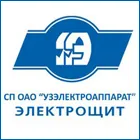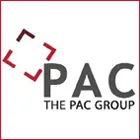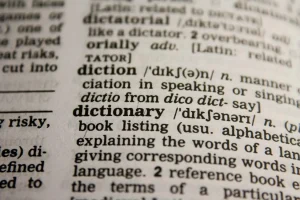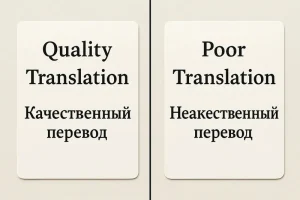
No automated system can replace the agile mind of a...






























































Interpretation enables productive communication between representatives of different linguistic cultures. The structure conveys the content of oral speech through vocabulary, grammar and features of intonation constructions. As a rule, there are two main varieties of interpreting:
– simultaneous;
– consecutive;
Both types are actively used in communication at various levels: from official speeches to interpersonal communication. In order to maintain the accuracy of information transfer and correctness of the applied vocabulary, interpreters of special specialization are involved in interpreting, who in addition to a high mastery of the skill of oral speech are also competent in a particular field of practice.
Traditionally divided into simultaneous and consecutive interpretation, interpreting has its own peculiarities.
Simultaneous interpretation is considered the most complex form of translation. The speaker’s speech sounds at a normal pace, and the synchronized interpreter provides the translation against its background. Thus, the time gap between the original speech and the interpretation is minimal.
Audience can easily perceive the interpreting as if the speaker were speaking in their native language. This popular form of interpreting is widely used at official speeches, conferences and important events. An expert can work in synchronous mode for no more than 20-30 minutes, after which he/she needs to be rotated by the colleague.
Consecutive interpretation involves the presenting of the speaker’s speech and then – at logical pauses –interpreting. Like simultaneous interpretation, consecutive interpretation is widely used when official communication, as well as in less strict forms of communication: meetings, excursions, accompanying delegations, etc.
During consecutive interpreting, an expert may be involved for several hours in a row. Payment for his services is based on hourly rates.
In order for interpretation to be accurate, the interpreter shall be familiar with the vocabulary in the targeted field, as well as understand the specifics and subtleties of the industry.
Since, unlike a written translation, no one can correct an interpreter, the requirements for its quality are much higher than for the quality of a written translation. The specialist shall accurately and clearly convey to the listeners the speaker’s thoughts, content of the speech, preserving intonation peculiarities.
Global Translation Service company employs professionals who have an excellent command of simultaneous interpretation, most of whom have a second higher education that allows them to develop a narrow specialization in the field of interpretation.
We propose competitive rates for consecutive and simultaneous interpreting for different languages as compared to the average existing rates.

No automated system can replace the agile mind of a...

Quality document translation plays a crucial role in business, education,...

Selecting a professional translator is a task that directly influences...

Translation is far more than simply substituting words from one...

Commissioned a technical translation and received your finished documents, but...
When handling technical documentation, precise accuracy is not just a...
Contact us today or request a callback.
Contact us today or request a callback.
